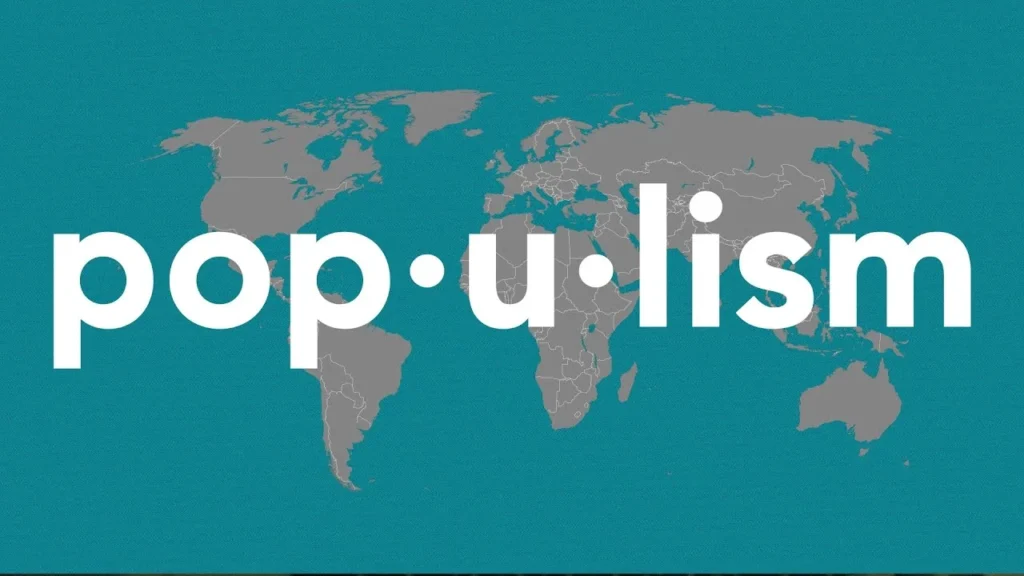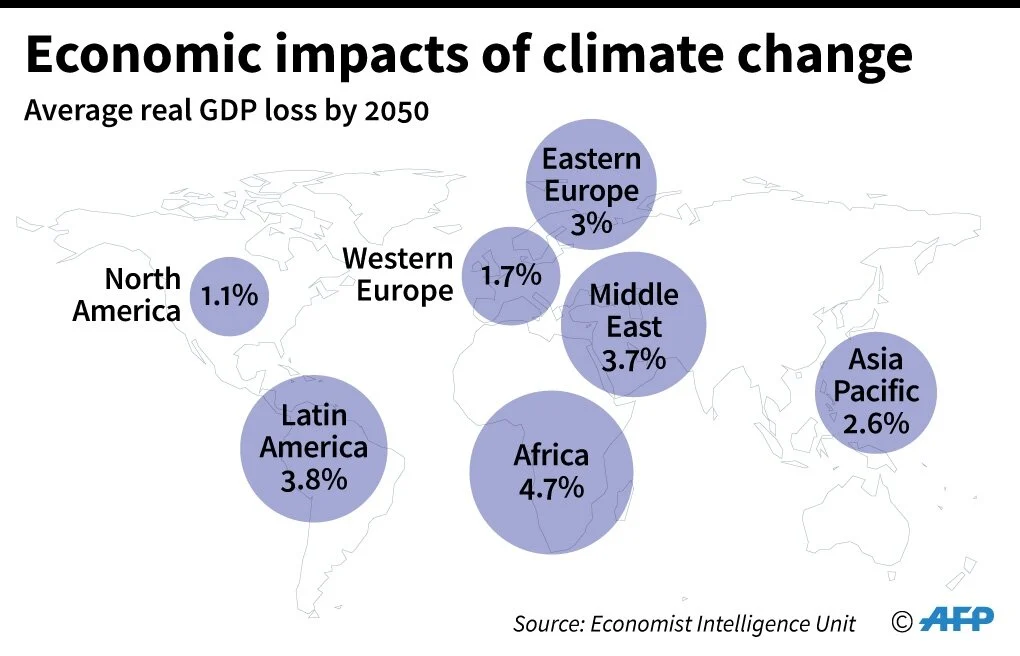How Populism Is Reshaping Global Politics is a topic that has gained significant attention in recent years. Populism, characterized by its appeal to the interests and prejudices of ordinary people, has been on the rise in various countries around the world. This movement has had a profound impact on political landscapes, challenging traditional political establishments and reshaping the way governments interact with their citizens. The rise of populist leaders and movements has led to increased polarization, as well as a reevaluation of global alliances and international agreements.
The impact of populism on global politics has sparked curiosity and concern among scholars and policymakers alike. The rise of populist movements has raised questions about the future of democracy and the role of traditional political parties. Moreover, the ways in which populist leaders communicate their messages and mobilize support have become a subject of interest for those seeking to understand the dynamics of modern political movements. Additionally, the potential long-term effects of populist policies and rhetoric on international relations and global governance have become a point of focus for analysts and observers.
1. The Rise of Populism in Global Politics
Populism has been on the rise in global politics, with leaders and movements emerging in various countries around the world. Populist leaders often appeal to the emotions and frustrations of the public, presenting themselves as the voice of the people against the so-called elite or establishment. This can manifest in different ways, such as anti-immigrant rhetoric, economic protectionism, and a rejection of traditional political norms and institutions.
Populist movements have gained momentum by tapping into the fears and anxieties of citizens who feel left behind by globalization and technological advancement. They often promise simple solutions to complex problems, which can be appealing to those who feel disillusioned with mainstream politics. As a result, populism has had a significant impact on the political landscape, challenging established political parties and leading to polarization within societies.
2. The Impact of Populism on Governance and Policy Making
The rise of populism has had a profound impact on governance and policy making in many countries. Populist leaders often prioritize their own political agendas over traditional democratic norms, leading to a weakening of checks and balances and an erosion of democratic institutions. This can result in a concentration of power in the hands of a single leader, undermining the principles of representative democracy.
Furthermore, populist policies tend to be driven by short-term gains and immediate popular appeal, rather than long-term strategic planning. This can lead to impulsive decision-making and a lack of consideration for the broader implications of policy choices. As a result, populism has the potential to disrupt the stability and predictability of governance, impacting both domestic and international affairs.
3. The Role of Social and Economic Factors in Fueling Populism
Several social and economic factors have contributed to the rise of populism in global politics. Economic inequality and the perception of a shrinking middle class have fueled discontent among many citizens, leading to a sense of economic insecurity and frustration with the status quo. Additionally, cultural and demographic changes, such as increased migration and diversity, have sparked concerns about national identity and cultural preservation.
Furthermore, technological advancements and the rise of social media have played a role in amplifying populist messages and mobilizing support for populist movements. Social media platforms have provided a powerful tool for populist leaders to directly communicate with their followers, bypassing traditional media channels and shaping public discourse in ways that can be divisive and polarizing.
4. The Global Impact of Populist Movements
Populist movements have had a significant impact on global politics, challenging the traditional alliances and institutions that have shaped the post-World War II world order. The rise of populist leaders in key countries has led to shifts in foreign policy, trade relations, and international cooperation, contributing to geopolitical uncertainty and instability.
Furthermore, the spread of populist rhetoric and nationalist sentiments has led to increased tensions and conflicts in various regions, as well as a rise in protectionist policies and trade disputes. This has had implications for global economic growth and stability, as well as for issues such as climate change, migration, and human rights, which require international cooperation and collective action.
5. Responses to Populism from Established Political Parties
Established political parties have been forced to adapt to the rise of populism, as they face the challenge of addressing the grievances and concerns that have fueled populist movements. Some parties have sought to co-opt populist rhetoric and policies in order to appeal to disaffected voters, while others have taken a more confrontational approach, emphasizing the importance of upholding democratic values and resisting the erosion of institutions.
In some cases, established parties have undergone internal divisions and ideological shifts in response to the rise of populism, leading to realignments within the political spectrum. This has led to a reevaluation of traditional political platforms and strategies, as well as a renewed focus on engaging with citizens and addressing their needs and aspirations.
6. The Challenges of Combating Populism and Its Impact on Democracy
Combating populism presents significant challenges for democratic societies, as it requires addressing the underlying social, economic, and cultural factors that have contributed to its rise. This necessitates a comprehensive approach that addresses issues such as economic inequality, social cohesion, and the integration of diverse communities, as well as a recommitment to democratic principles and values.
Furthermore, combating populism requires fostering a sense of trust in democratic institutions and political processes, as well as promoting media literacy and critical thinking skills to counter the spread of disinformation and divisive rhetoric. It also involves engaging with citizens and addressing their concerns in a meaningful and inclusive manner, in order to rebuild a sense of shared purpose and civic engagement.
7. The Future of Populism in Global Politics
The future of populism in global politics remains uncertain, as it is shaped by a complex interplay of social, economic, and geopolitical factors. The trajectory of populism will depend on how established political parties and institutions respond to the challenges it presents, as well as on the evolving dynamics of global governance and international relations.
Additionally, the impact of external events and crises, such as economic downturns, security threats, and environmental challenges, can further shape the trajectory of populism. The ongoing influence of social media and digital technologies, as well as the emergence of new political actors and movements, will also play a role in shaping the future of populism and its impact on global politics.
8. The Importance of Global Cooperation in Addressing the Impact of Populism
Addressing the impact of populism on global politics requires a coordinated and collaborative effort among countries and international organizations. This involves promoting dialogue and understanding among diverse societies, as well as fostering cooperation on issues such as economic development, security, and environmental sustainability.
Furthermore, it requires a commitment to upholding democratic values and the rule of law, as well as to strengthening democratic institutions and processes at both the national and international levels. By working together to address the root causes of populism and its impact on governance and policy making, the global community can strive to build more inclusive and resilient societies, and to uphold the principles of democracy and human rights.
How Populism Is Reshaping Global Politics
| Country | Populist Movement | Impact on Politics |
|---|---|---|
| United States | Donald Trump’s presidency | Shift in foreign policy and trade agreements |
| United Kingdom | Brexit campaign | Decision to leave the European Union |
| Italy | Five Star Movement | Challenges to traditional political parties |
| Brazil | Jair Bolsonaro’s presidency | Changes in environmental and social policies |
Populism has emerged as a significant force in global politics, reshaping traditional power structures and policies in various countries. Leaders and movements labeled as populist have gained traction by appealing to the frustrations and grievances of the public, often challenging established political norms and institutions.



